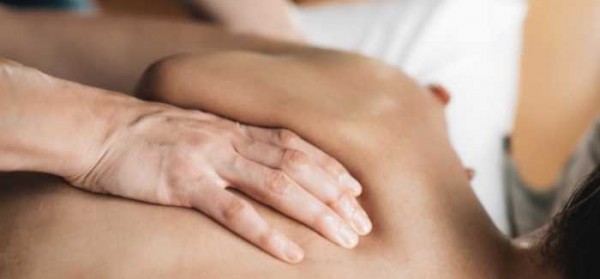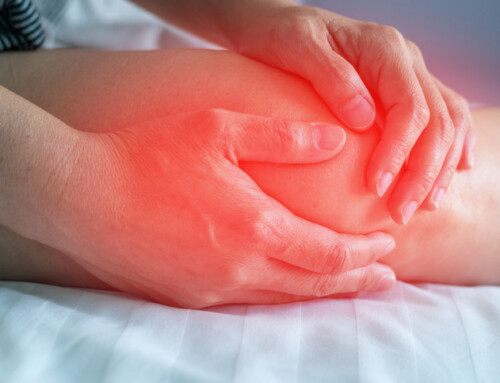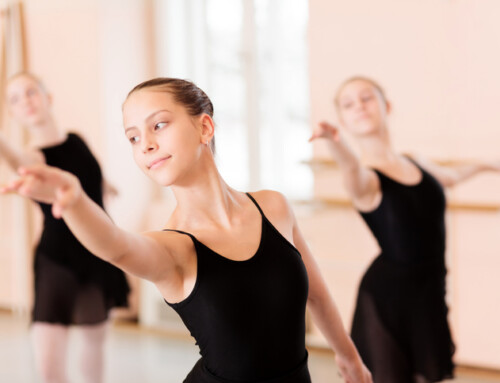What Is Scapular Winging And How Does It Happen?
Scapular winging is a condition in which one or both of the scapulae or shoulder blades protrude from the back as opposed to laying flat. Physical therapy for scapular winging addresses a number of different muscles. These muscles are responsible for moving the scapula and keeping it in place.
We typically see scapular winging when one of these muscles becomes injured or the nerve connecting to the muscle becomes injured. The three nerves that are most commonly affected and their associated muscles include:
1) The long thoracic nerve, which controls the serratus anterior muscle.
2) The dorsal scapular nerve, which controls the rhomboid muscles.
3) The spinal accessory nerve, which controls the trapezius muscle. Scapular winging may be the result of an acute traumatic event, a series of microtraumas, post-surgical complications, or it may not have a direct cause.
Symptoms
Scapular winging can cause a variety of your day-to-day activities to become more difficult, and sometimes painful.
Carrying objects like shopping bags and activities requiring you to raise your arm above your shoulder become especially difficult. If the root of the problem is nerve-based, then we would expect to see increased pain. However, if the root of the problem is muscular-based, then you may not experience pain.
Treatment
In some more severe cases, surgery may be required, but in the majority of cases conservative treatment like physical therapy is appropriate. Physical therapy for scapular winging will mostly consist of exercises for the scapula, muscular balance, motor control, patient education, muscle endurance, and muscle strength.
First, we will help to create improved motor control which will allow for conscious muscle activation of your scapula. We will then help improve muscle strength and endurance of your scapular muscles in various stable positions. Lastly, we will target dynamic scapular strength, endurance, and stabilization.
If you experience shoulder or elbow pain, contact Capital Area Physical Therapy. With multiple PT clinics in the Capital Region, we serve patients in the Queensbury, Glens Falls, Malta, Saratoga Springs, Clifton Park areas. Call (518) 289-5242 today to schedule your appointment.






